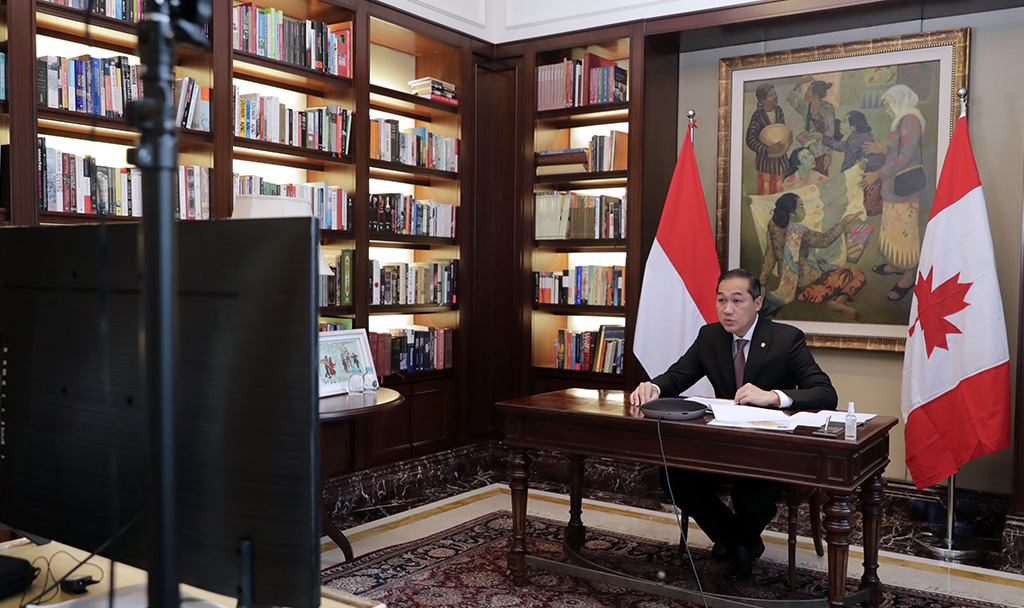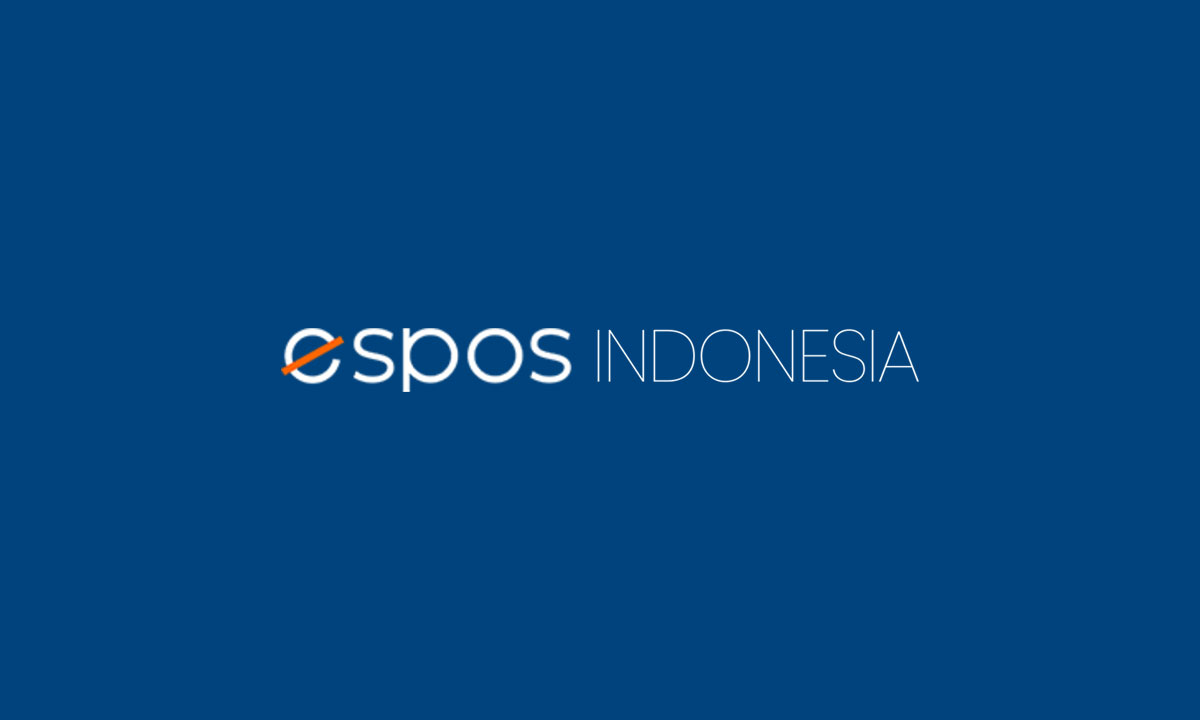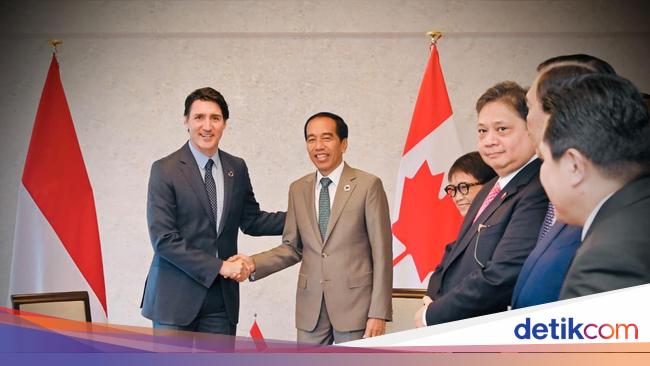Canada Immigration News 2024 has come as a big surprise for study abroad candidates from all over the world. The new rules for international students in Canada 2024 have left students with many questions such as: Can I study in Canada in 2024 from India? Does Canada accept Indian students? What is the success rate for a Canadian study visa in 2024?
Lok Sabha Election Results 2024
The new rules for international students in Canada will impact a large number of students. It is important to understand IRCC updates for Canada study visas in 2024 and the best way to apply for Canadian education from now on.
Under the new rules for studying in Canada, most applicants for a Canadian student visa will need to attach a Provincial Attestation Letter (PAL) to their application. Failure to apply for a PAL with a study visa in 2024 would result in the application being rejected. This requirement is an obligation specifically for students who wish to apply for undergraduate or graduate diploma/certificate programs in Canada.
However, Indian students planning to study in Canada for master’s or doctoral programs do not currently need to attach a provincial attestation letter with their application.
IRCC’s updates for international students may have worried many applicants to study in Canada, but for some it resulted in some good news.
Students planning to study a master’s program in Canada in 2024 can benefit from a 3-year post-study work visa extension. This allows graduate students ample time to gain work experience in Canada and find settlement options after completing their studies in Canada.
The Canada Post-Study Work Visa remains a strong incentive to apply for a Canada student visa and it is important for international students if they are looking to settle in Canada after completing their studies. One of the other new rules for international students in Canada in 2024 is related to the post-study work visa. Previously, students had the option to study at a private college or institution in Canada, but after completing this program, they could obtain the official diploma stating that they had completed the program at a public college in Canada.
Indian students could still apply for such programs in 2024, but they would not be eligible to obtain a post-graduation work permit. Therefore, it is best to apply to programs and institutions eligible for post-study work visas in Canada if that is the end goal.
Canada Immigration 2024 news has affected another important aspect of Canada student visas. Almost all study abroad applicants who are married want to apply for their spouse’s open work permit in Canada. However, the guidelines for the Canadian student spouse visa in 2024 would change depending on the program chosen by students to study in Canada.
Until 2023, the spouse of Canadian study visa holders can apply for an open spousal work permit, regardless of the program level they have chosen to study in Canada.
However, this will change in 2024. Students who wish to do their higher education in Canada and who wish to take over their partner’s Canadian student spouse visa in 2024 must be enrolled in master’s or doctoral programs, otherwise they will not be able to support their spouse’s candidacy.
One way or another, IRCC updates for international students will have a huge impact on students who want to move to Canada to complete their studies. Student enrollment to study in Canada will decline significantly and is expected to decline by approximately 35% in 2024.
The process of obtaining higher education in Canada in 2024 has certainly become more complicated and difficult than in 2023, but it is still possible. Aspiring students should make sure to apply for a Canada student visa in 2024 under the new rules so that the chances of approval remain high.
In 2024, studying in Canada from India may differ due to updates to immigration rules that impact international students around the world. These changes have raised questions among applicants regarding their eligibility, acceptance rates, and the Canadian study visa application process.

“Tvaholic. Beer guru. Lifelong internet nerd. Infuriatingly humble pop culture scholar. Friendly food advocate. Freelance alcohol fan. Incurable bacon ninja.”






:strip_icc():format(jpeg)/kly-media-production/medias/4953136/original/060929700_1727279642-Screenshot_2024-09-25_224617.jpg)



:strip_icc():format(jpeg)/kly-media-production/medias/3306276/original/047015900_1606275972-CjkinzN007013_20201125_CBPFN0A001.jpg)